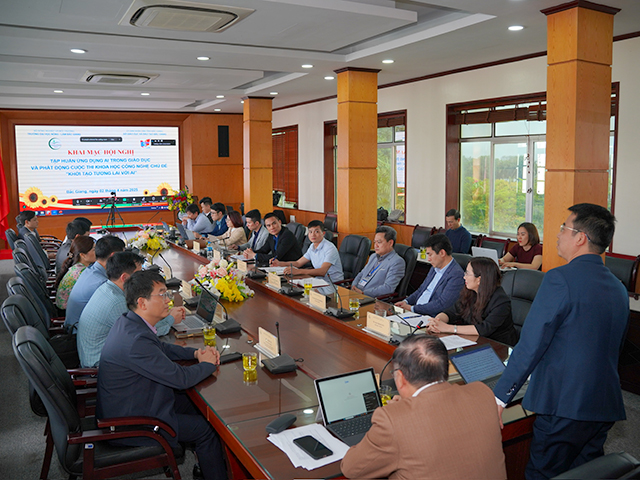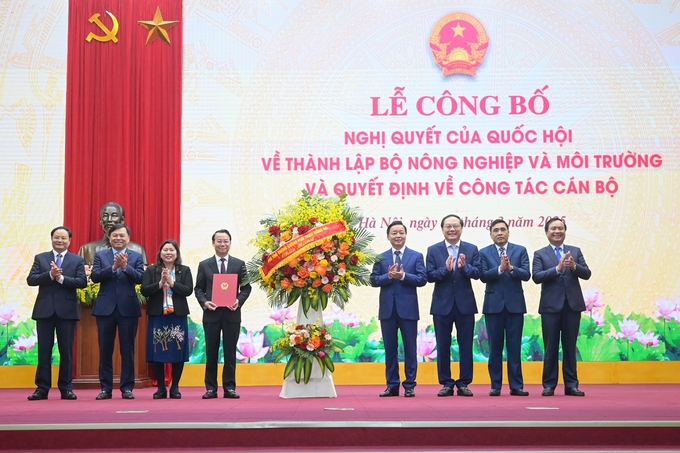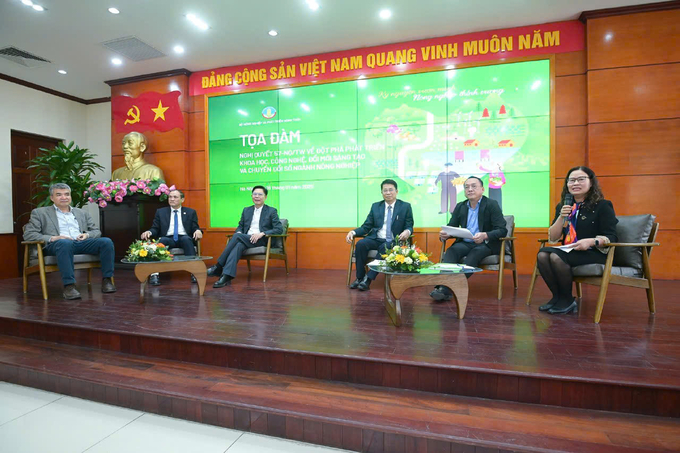(BAFU) – Vietnam National Day has a very important meaning for all Vietnamese people. It is the heroic milestone that gave birth to the Democratic Republic of Vietnam – the forerunner of the Socialist Republic of Vietnam today.
National Day of Vietnam is observed every year on September 2 in Vietnam. The day is also called the Independence Day of Vietnam. This day marks the independence of Vietnam from the French in 1945. National Day of Vietnam is marked by the Vietnamese by attending speeches, events, and carnivals that are organized in cities across the country.
History of National Day of Vietnam

In 1887, Vietnam became part of French Indochina. During the Second World War, Vietnam was captured by the Japanese. The French did not go away completely but continued to exert a bit of influence in Vietnam. At the end of the war in August 1945, Vietnam was left without a colonial power. Sensing this vacuum, Việt Minh launched the August Revolution across the country to take the power back from the colonizers. Emperor Bảo Đại abdicated on August 25, 1945, bringing an end to the Nguyễn dynasty.
On September 2, 1945, at the historic Ba Dinh Square, President Ho Chi Minh read the Declaration of Independence on behalf of the Provisional Government, declaring to compatriots nationwide and all over the world that The Democratic Republic of Vietnam was officially founded, ending feudalism in our country, and at the same time opening a new era and new life for the Vietnamese people.
The Declaration affirms: “A people who have courageously resisted French slavery for more than 80 years, a people that have courageously sided with the Allies against fascism for many years, that people must be free, that nation must be independent!… Vietnam has the right to enjoy freedom and independence, and in fact, has become a free and independent country. The entire Vietnamese people are determined to use all their spirit and strength, life and wealth to uphold that freedom and independence.”
Since then, September 2 has become Vietnam National Day – a great festival of the whole nation, marking a great turning point and resounding success in Vietnamese history.
Following the end of the Vietnam War, the Communist Party of Vietnam drew up a list of national holidays. These new holidays also included the International Labour Day on May 1, the anniversary of the August Revolution on August 19, the National Day of Vietnam on September 2, and Ho Chi Minh’s birthday on May 19. In 2019, the National Day of Vietnam was lengthened by one day by adding one day immediately before or after September 2. On these days, the country observes a full public holiday.
Edited by Center for Information and Library








